The provisional results of the Rwandan presidential elections, announced on Tuesday, revealed an overwhelming victory for incumbent President Paul Kagame, credited with 99.15% of the votes from 79% of the ballots counted. This figure, which even surpasses the 98% obtained in the previous election, raises questions about the state of democracy in this East African country.
As Kagame, 66, prepares to begin his fourth term after 24 years in power, international observers are concerned about the absence of genuine opposition. Only two candidates, Frank Habineza of the Democratic Green Party and independent Philippe Mpayimana, were allowed to run against the incumbent president, reproducing the scenario of 2017.
The election campaign, conducted in an « American-style » by Kagame, demonstrated his unparalleled mobilization capacity, but also the glaring imbalance of resources between the candidates.
Although Rwanda has experienced remarkable stability and sustained economic growth under Kagame’s leadership, critics point to the repression of dissent and restrictions on civil liberties. Human rights organizations are calling for broader political openness to ensure genuine democratic pluralism.
The final results, expected on July 27, should confirm this massive victory. Kagame’s challenge will be to reconcile his vision of development with the democratic aspirations of an increasingly young and connected population.
While Rwanda often presents itself as a model of stability and development in Africa, this election reminds us that the consolidation of a vibrant democracy remains a major challenge for the country. R.I





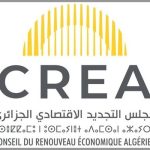


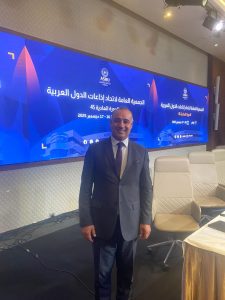

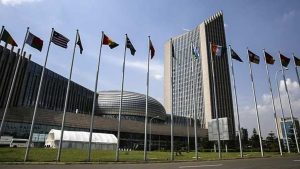
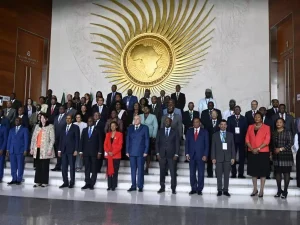
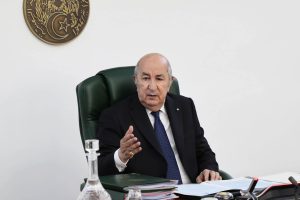

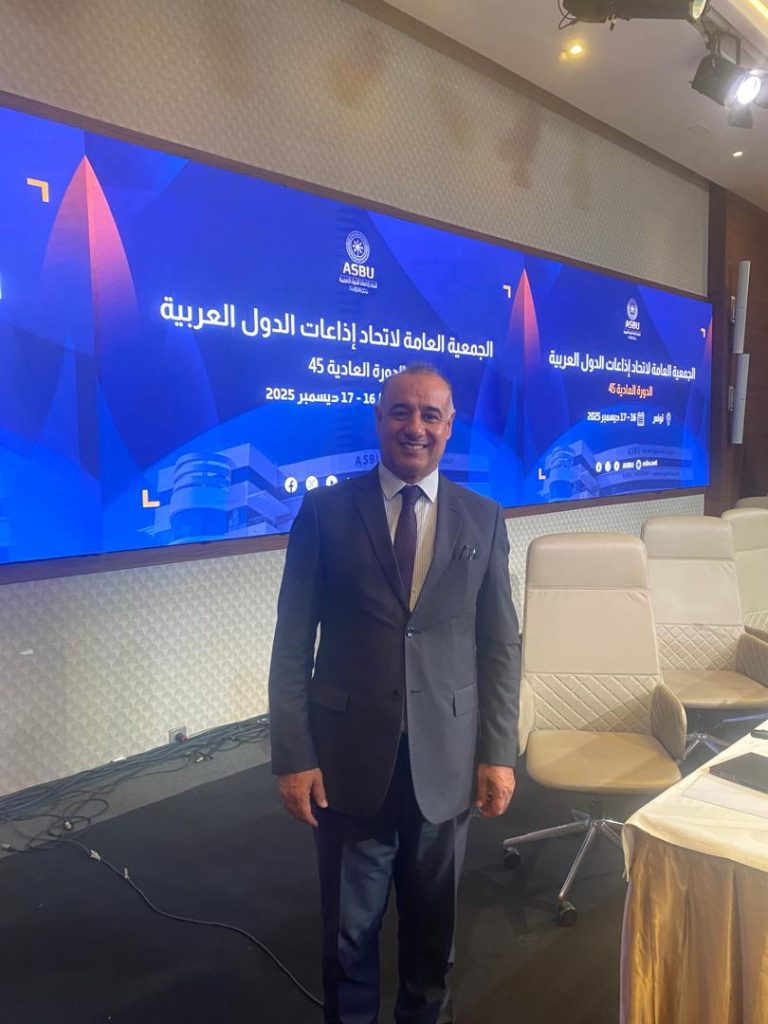

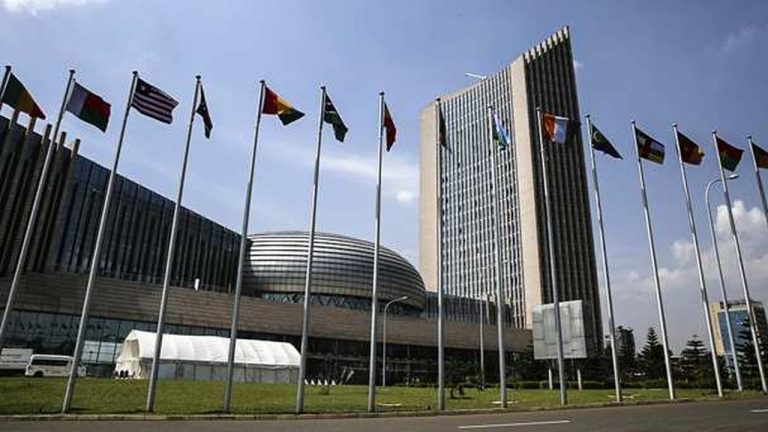
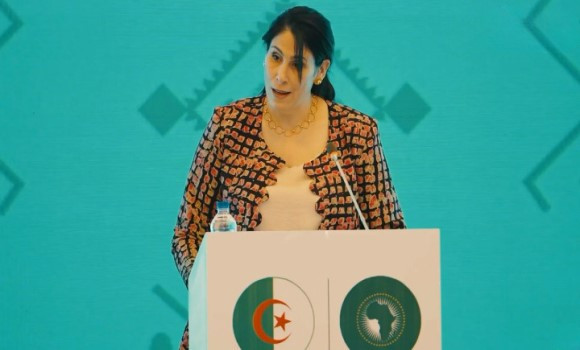
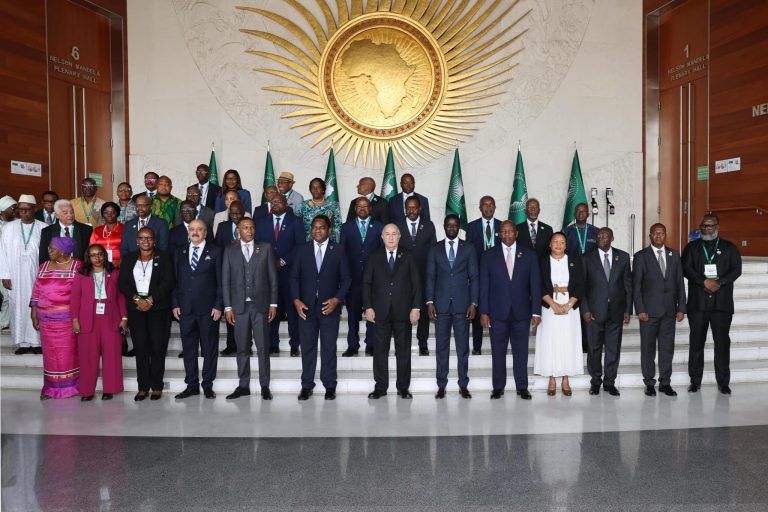
+ There are no comments
Add yours